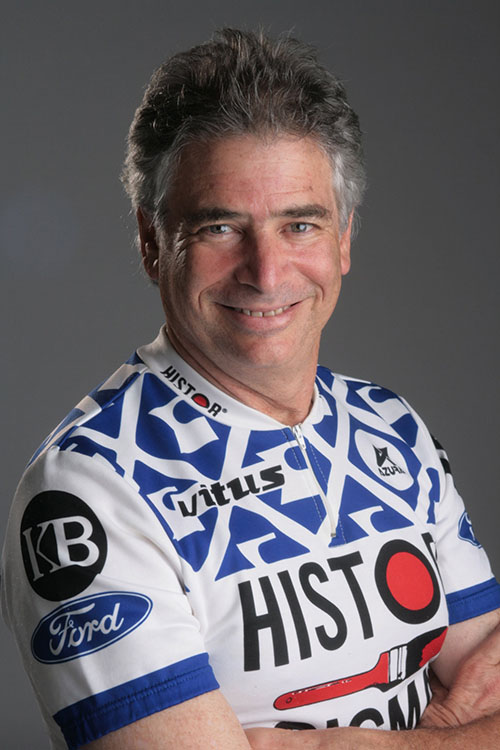 BY LINDA BAKER
BY LINDA BAKER
Jeff Lang and his wife Rae used to dole out campaign checks like candy. “We were like alcoholics,” Lang says. ”We couldn’t just give a little.”
BY LINDA BAKER | EDITOR
 Jeff Lang and his wife Rae used to dole out campaign checks like candy. “We were like alcoholics,” Lang says. ”We couldn’t just give a little.”
Jeff Lang and his wife Rae used to dole out campaign checks like candy. “We were like alcoholics,” Lang says. ”We couldn’t just give a little.”
The cofounder of Gales Creek Insurance, Lang estimates he has given tens of thousands of dollars to political candidates.
But a few years ago, he stopped giving. Cold turkey. Well, Lang allows, he did write one check in the interim — to Chuck Riley in Hillsboro. “It was a weak moment.”
Lang didn’t have an “epiphany” about campaign finance reform. But his frustration increased a few years ago, when Eileen Brady spent more than a million dollars running for Portland’s mayoral office. “A good person trying to buy a powerful position,” Lang says.
“There’s a void in smart, young folks running or even being considered for elective offices in Oregon.
“A whole generation lost. It’s too expensive.”
During his own check writing days, beneficiaries of Lang’s largesse used to solicit his opinion on any number of policy issues. “Everyone was coming into the office. They knew I wasn’t that bright.”
When Lang turned off the cash spigot, his popularity dwindled. Now he’s on the other side. For the past year, he’s spent much of his time shuttling between Portland and Salem, lobbying legislators in support of campaign spending limits.
It just might happen.
Until recently, Senate Joint Resolution 5, a bill that would refer limits on state and local campaign contributions to voters, looked like it wouldn’t make it out of committee. But as of last week, supporters say they have the legislative votes they need.
The bill has the backing of Gov. Kate Brown, who made campaign finance reform a priority before she was appointed governor.
If SJR 5 passes, Oregon could join 44 other states that limit campaign finance limits from corporations, unions, individuals and political parties.
If it doesn’t: “We remain an aberration,” Lang says.
By now, most people agree unlimited campaign contributions corrupt the democratic process. Lang notes that 68% of Kitzhaber’s contributions in 2014 came from less than six percent of his donors, including a $250,000 contribution from Nike’s Phil Knight.
Two year earlier, the state cut a special tax deal with Nike.
Just saying, says Lang.
Critics of contribution limits argue that state laws don’t solve the real problem: unlimited spending by outside groups, such as super PACs given free rein following the 2010 Citizens United Supreme Court ruling.
Putting a cap on direct contributions to political candidates, so the argument goes, will only increase spending by these groups.
Lang acknowledges SJR 5 is only one step toward absolution. But he’s not willing to sacrifice the good for the perfect.
“I can’t solve the dirtiness of the city. But I can clean up my back yard.”



